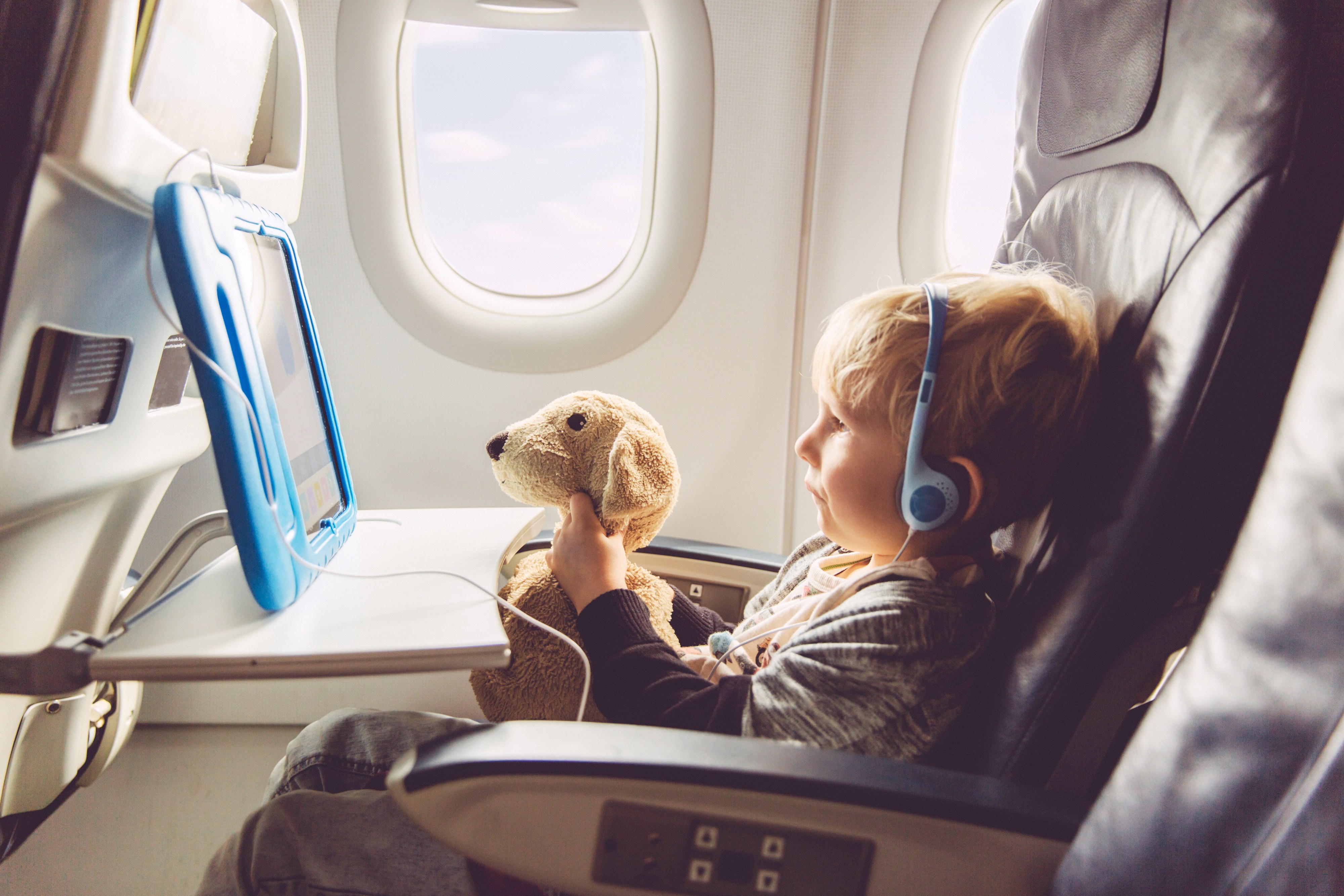Tips for Traveling With a Special Needs Child
February 5, 2020
One of the fun parts of life includes vacations and travel. Staycations, exotic trips, theme parks, beach relaxation—they all serve the same purpose: a break from our daily routines. Planning a trip can be exhausting and maintaining a schedule while away can be extra challenging. For families that include a child with special needs there are additional concerns and extra planning that must be taken into consideration.
Planning your trip
Explore transportation options based on the distance you need to travel. Are you close enough to travel by car? If your child needs specialized seating, what travel mode works best with their seating system? If air or train travel leaves you too far from emergency medical treatment, consider a closer destination that can be reached by car.
In choosing a destination, consider your child’s special needs and capabilities. Will a cruise work best for your needs and family interests? Royal Caribbean received the first “Autism Friendly” certification several years ago. Maybe city travel interests your child and can provide varied activities for all family members. National Parks provide visitors with wheelchair-accessible trails, auto tours and observation areas. And, of course, theme parks—Disney in particular—go above and beyond accommodating special needs families.
Plan your trip and choose destinations and rest stops that can accommodate your child’s needs. Even if you are traveling by car, make sure your final destination has any accessibility that is needed. It’s important—and okay—to let people know what your child needs and to expect accommodations to be made for your child.
Flying
For trips by plane, preparing your child for flying will make the transitions a bit easier. You can read about airplanes and airports, and watch videos about flying. Visiting an airport might help prepare your child for the atmosphere, and you can spend some time watching planes take off and land. Some cities create mock flights that provide children with autism a flight experience (without leaving the ground!). You can pack your bags, go to the airport, pass security, board, “fly” and deplane in preparing for an upcoming flight.
Before flying, be sure to check-in at home. You’ll avoid waiting in line at the airport and can print boarding passes at home. Remember to bring small bills with you for taxis and tips. Less fumbling and less stress! The TSA has a new helpline for travelers with special needs. Call 855-787-2227 to learn more about screening policies, procedures and security checkpoint information.
When booking flights, select seats at the front of the plane, and closer to rest rooms. Upon arrival, request wheelchair assistance and security lines, if necessary. For special needs passengers, hand searches and private screenings may be requested.
Carry-on bags are key
Plan your carry-on packing strategically. Medications should always be packed in carry-on luggage in the event of lost or delayed checked baggage. While the traditional 3-1-1 rule (https://www.tsa.gov/travel/frequently-asked-questions/what-3-1-1-liquids-rule) applies, liquid medication is one items which may be allowed in higher quantities. Check with your carrier for more information. Remember to also carry a change of clothes for your child. For children who may become stressed or anxious in new situations, bring familiar and special items from home in your carry-on bag, such as a small blanket, toys, games or music that distract or relax your child. Noise-cancelling headphones can block out noises in planes, cars and other attractions.
Special items
Be sure to review items you’ll need for bath time, bedtime and meals. Call your hotel(s) to see how they can help. Bring special items that your child(ren) require or are used to, such as a special toy, blanket or sippy cup. Be sure to make a checklist of important items and double check it before leaving each stop of your trip.
Get your doctor involved
Speak with your child’s pediatrician and ask for recommendations and tips. If you are flying, ask if there are natural supplements or medications that might help your child relax to make the flight or drive easier. Prepare a folder with information you might need in an emergency, such as:
-a list of medications your child is taking along with a copy of each prescription
-doctor’s letter with description of your child’s condition/special needs (especially for ‘invisible’ conditions such as Autism or Tourette Syndrome)
-phone numbers, email addresses of child’s doctors and specialists (this is in addition to info stored in your phone)
-recommendations for doctors and specialists in the area you are visiting
-copies of health insurance cards and phone numbers (check your health insurance before leaving; many companies require prior approval for out of town emergency room or doctor visits)
Prepare your child
To help prepare your child before your trip, discuss your itinerary and explain what your child will encounter each day. Read books and look at photos of your destination so your child can see what to expect. As important as it is to plan your days and prepare your child, keeping to your overall routine will help ease tension for a special needs child. Naps and mealtimes, when kept on schedule go a long way in maintaining balance.
With some diligent preparation and research, you’ll be able to find the right vacation for your family. And while not every trip goes as planned, the vacation time spent together as a family can be more valuable than any itinerary or tourist attraction checked off your list.
Wishing you safe travels!
Note: The information in this article is for informational purposes only. It is not an attempt to diagnose or treat any medical condition. Always consult your child’s pediatrician with any specific medical questions. MKSA is also available to answer questions about child development. Contact us at 516-731-5588 or www.mksallc.com.
Sources:
Familyvacationcritic.com
Friendshipcircle.com
Myfamilytravels.com
